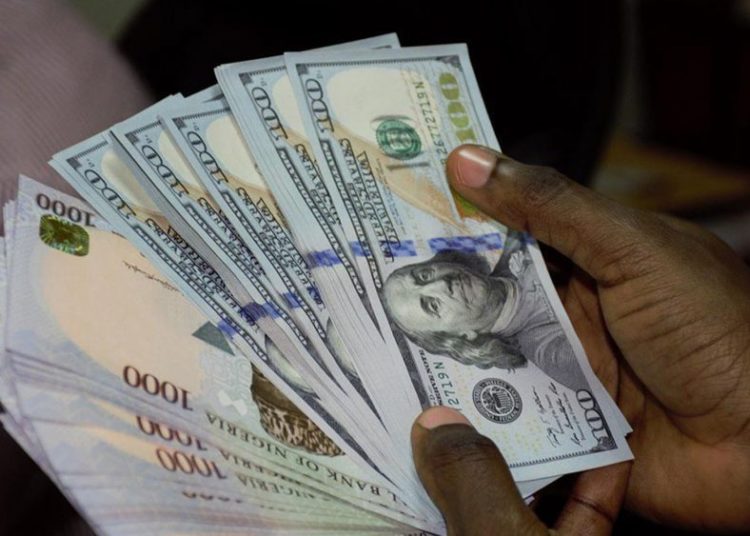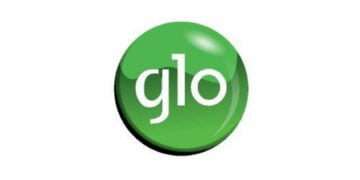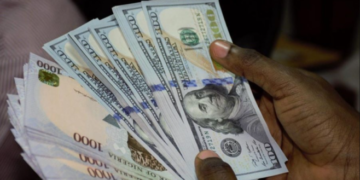High cost of loans offered by deposit money banks, which is double digit continued to hurt the growth of businesses in the country.
Recently, the Central Bank of Nigeria (CBN) and the Monetary Policy Committee (MPC) in its 285th meeting, with the chairman announcing the unanimous decision by the committee to change its convention. The MPC for the first time in two and a half years raised the Monetary Policy Rate (MPR) by 150bps bringing it to 13.0 per cent from 11.5 per cent while maintaining Cash Reserve Ratio (CRR) at 27.5 per cent, asymmetric corridor at +100/-700 basis point around the MPR while the Liquidity ratio was retained at 30.0 per cent.
With this, it showed that the banks’ interest rate will increase. Stakeholders believed that the interest rate regime in Nigeria has not been very encouraging. According to them, the cost of funds in Nigeria, usually at double-digit, had always been one of the core challenges of the manufacturing sector, with a direct impact on the cost of production and the competitiveness of the sector.
In its half yearly review of the economy, July-December 2021, Manufacturers Association of Nigeria (MAN) said: “however, notwithstanding the expansionist monetary scenario, inadequate and high-cost loanable funds have continued to be a prime challenge of manufacturing in the country.
“The situation has been exerting declining consequences on investment, capacity utilization, manufacturing production and employment. As a result, in the second half of 2021, interest rate charged to manufacturers increased to 24 percent from 22 percent recorded in the same half in 2020; thus, indicating 2 percentage points increase over the period. It also increased by 5 percentage points when compared with 19 percent recorded in the preceding half.
“Lending rate for the sector averaged 21.5 percent in 2021 as against 20.75 percent in 2020. It is therefore important for the monetary authority to consider improving accessibility to the various CBN funding windows and entrench an ardent monetary policy that would moderate the current lending rates to encourage investment and productivity in the manufacturing sector.”
Founder and chief executive, Centre for the Promotion of Private Enterprise (CPPE), Dr. Muda Yusuf, said, given numerous headwinds that had posed significant risks to the nation’s economy, the hike in MPR by 150 basis points to 13 per cent by the MPC did not come as a surprise.
He listed such challenges to include the surge in commodity prices and impact on energy costs, a spike in domestic liquidity from electioneering-related spending, and global supply chain disruptions.
He noted that already, bank lending has been constrained by the high CRR as many operators in the sector claim, the discretionary debts by the apex bank, the 65 per cent Loan to Deposit Ratio (LDR) and liquidity ratio of 30 per cent. The lending situation in the economy is already very tight.”
He explained that the transmission effects of monetary policy on the economy are still very weak, saying in the Nigerian context, price levels are not interest-sensitive. Supply-side issues are much more profound drivers of inflation.
The managing director of Lancelot Ventures Limited, Mr Adebayo Adeleke, pointed out that apart from dollar scarcity, cost of funds in Nigeria is high in Nigeria compared with many Sub-Saharan African (SSA) countries.
He noted that high cost of borrowing remained a core challenge for the manufacturing sector in the country, seeking for low interest rate in Nigeria to boost manufacturing and other sectors of the economy.
“A low interest regime will encourage blue-chip corporates to undertake further investments, thereby stimulating aggregate demand and economic growth,” said Adeleke.
Reacting to the increase in MPR, director-general Lagos Chamber of Commerce & Industry (LCCI), Dr. Chinyere Almona, said that “The hike in the interest rates will normally mean less credit to the private sector and that can translate to reduced investment and constrained production in the economy, at least in the short term.
“This action also has implications for economic growth, job creation, and revenue generation for the government. When the MPR was 11.5 per cent some credit lenders charged as high as 25 per cent maximum rate to small companies. With the benchmark interest rate at 13 per cent, we may likely have rates climb beyond 30 per cent for SMEs.”
According to Almona, while we agree with the proposition that a lower interest rate in Nigeria compared with higher rates in developed economies would lead to capital flight, we must restate our recommendation that interest rate hikes will not on their curb inflationary pressures.
“The supply-side challenges like insecurity, forex scarcity, and uncertainties from the inconsistent policy environment must be tackled to curb the rising inflation. This is the more sustainable solution to the rising inflation in Nigeria.”
While, stakeholders noted the lower the price of funds, the better the prospects of the country in output generation, employment creation and highly improved government revenue conditions.





